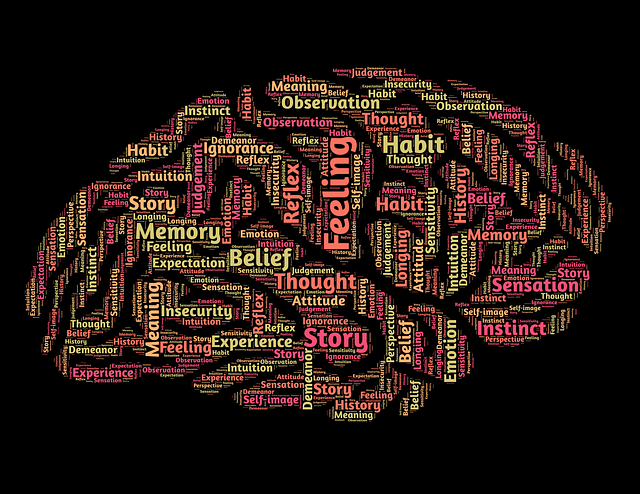Recent studies show that we may need to focus on our body’s ability to produce BDNF to maintain, improve and repair brain health. While starting with an acronym isn’t always the best attention grabber, knowing the acronym has something to do with brain health should entice you to keep reading. BDNF stands for Brain Derived Neurotrophic Factor and is rarely discussed yet critical for many aspects of brain health and your nervous system’s functionality, survival, and energy balance. So now that I have your attention, let’s take a deeper look at BDNF and some recent research showing how you can improve yours.
What is BDNF?
BDNF is naturally produced (considered a growth factor) by the body and plays a critical role in several areas of your nervous system and brain health. You can look at BDNF like it is a fertilizer for your brain. BDNF helps the brain develop new connections, repair failing brain cells, and protect healthy brain cells from becoming damaged. When your BDNF levels are high, it is easier to learn new things. When BDNF levels are low, you will have difficulty learning, trouble remembering things, and may have poor mood or mood swings. Besides its direct support for your brain and nervous system, BDNF also plays a role in cardiac health, immune health, fat metabolism, blood sugar control, and several neurological disorders. For something so important, it is surprising that it doesn’t get mentioned very often.
How do we increase BDNF production?
We can do several things to support the body in producing or help keep from reducing BDNF levels.
• Control Stress
• Decrease Sugar and starchy food consumption
• Get more sleep
• Exercise regularly
• Spend more time outside in the sun
• Eat more protein
• Hang out with more people and don’t isolate yourself
• Eat Brain foods: Berries, Coldwater fish, avocados, walnuts, almonds, extra-dark chocolate, et.
• Take key supplements
While most of the bullet points above are self-explanatory, “key supplements” are not. In the case of what supplements can help, we can look at a few new clinical studies to get some answers: Iron and Curcumin.
What do Iron and Curcumin have to do with BDNF?
Simply put, studies have shown that low levels of iron in the body are connected to lower BDNF levels. In addition, studies with curcumin have also shown it to be connected to improved BDNF levels.
While modern medicine doesn’t precisely understand how iron provides this benefit, optimal iron levels are needed for BDNF balance. One way to analyze whether someone is iron deficient is to test for ferritin levels. Ferritin is the major iron storage protein of the body. When ferritin is low, it can be assumed that a person is iron deficient. This is one area in which curcumin can benefit healthy BDNF levels.
A recent study showed that combining iron (Ferrous sulfate) and bioavailable curcumin (HydroCurc®) increased ferritin levels in people with low ferritin levels (Up to 58 percent). HydroCurc® is superior to other curcumin extracts due to the use of a patented technology that improves the absorption of curcumin. This study also showed that adding HydroCurc® to iron supplementation significantly increases BDNF. The increase in BDNF was nearly 35 percent compared to those just taking iron. Consuming a small dose of 18mg of elemental iron and 500mg of HydroCurc® were required to achieve this benefit.
Special note: Not all antioxidants should be combined with iron supplements.
Trying to do the right things to be healthy can be complicated and sometimes confusing. For example, if you are iron-deficient and want to take antioxidants to support your overall health, you may have a challenge. Why? Research has shown that certain antioxidants will decrease the amount of iron your body can absorb and increase your risk for iron deficiency. For example, if you did an internet search, you would find that grape seed extract and EGCG (found in green tea) also decreased iron absorption.
In some cases, common turmeric, the spice where curcumin is derived, has been shown to decrease iron absorption and cause iron deficiency. Why do I bring this up? Notice, this study used highly absorbable curcumin- HydroCurc® in combination with iron and did NOT negatively impact iron absorption or BDNF. HydroCurc’s® patented delivery technology improves the absorption of curcumin and does not have a negative effect on iron absorption. The opposite is true, as we can see by the improvement in ferritin levels in those with low ferritin.
Putting a Bow on This Conversation
BDNF is something we need to be more mindful (pun intended) of as we consider our health and wellbeing. We need to be proactive in our approach to maintain healthy levels of BDNF to support our nervous system health. Modifying our lifestyle to include more activity, better food choices, spending more time with friends, and taking the right supplements are critical for those concerned with brain health. Remember that consuming iron and HydroCurc® is a simple step to take concerning your supplement program.

